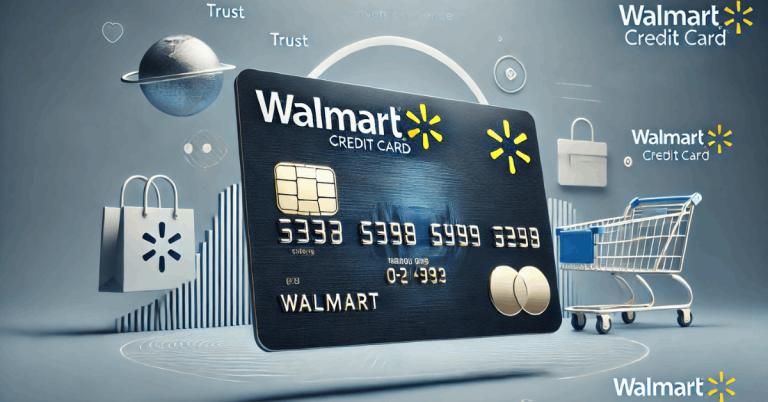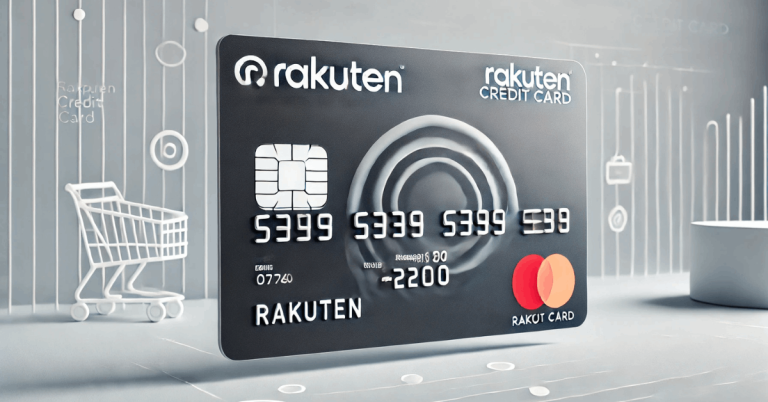Debt, caused by overspending, medical emergencies, or student loans, can feel overwhelming without a plan.
Managing it effectively is key to financial freedom, reduced stress, and long-term stability.
This guide shares strategies to become debt-free through financial assessment, smart repayment, and lasting habits.
Understanding Debt
Debt comes in various forms, each with unique characteristics that affect how it is managed and repaid.
Understanding the different types of debt helps prioritize payments and choose the right strategies to become debt-free.
- Secured Debt: Backed by collateral, such as a home or car, which can be repossessed if missed payments (e.g., mortgages, auto loans).
- Unsecured Debt: Not tied to any collateral, relying on creditworthiness (e.g., credit cards, personal loans).
- Revolving Debt: Allows borrowing up to a credit limit with flexible repayment options (e.g., credit cards, lines of credit).
- Installment Debt: Repaid in fixed payments over a set period (e.g., student loans, car loans).
- Consumer Debt: Accumulated from personal consumption (e.g., credit card purchases, retail financing).
- Medical Debt: Arises from healthcare expenses not covered by insurance.
- Business Debt: Incurred by companies for operational costs or investments (e.g., business loans, trade credit).
- Tax Debt: Owed to government authorities for unpaid taxes.
Impact of Debt on Financial Health
Debt affects both your current finances and long-term stability. Recognizing its impact is vital to regaining control and becoming debt-free.
Here are key ways it influences financial health:
- Interest Accumulation: High interest rates can increase the total amount owed, making repayment more challenging.
- Reduced Credit Score: Missed payments or high credit utilization can lower your credit score, limiting access to favorable loan terms.
- Restricted Cash Flow: Monthly debt payments reduce available income for savings, investments, or emergencies.
- Higher Borrowing Costs: Poor credit caused by unpaid debts can lead to higher interest rates on future loans.
- Limited Financial Opportunities: Debt can prevent you from qualifying for new loans, mortgages, or investments.
- Emotional and Mental Stress: The burden of debt often leads to anxiety, stress, and even strained personal relationships.
- Delayed Financial Goals: Goals such as homeownership, retirement savings, or business investments may be postponed due to debt obligations.
Assessing Your Financial Situation
Understanding your finances is the first step to managing and eliminating debt.
Clarity on income, expenses, and obligations helps create a realistic debt-free plan. Follow these steps:
- List All Debts: Record each debt, including balances, interest rates, and minimum payments, and categorize them.
- Analyze Income vs. Expenses: Calculate total income and track monthly expenses, dividing fixed and variable costs.
- Calculate Debt-to-Income Ratio: Divide total debt payments by gross income to gauge how much income goes to debt.
- Identify Discretionary Spending: Find areas to cut back, like subscriptions, dining out, or unnecessary purchases.
- Set Up an Emergency Fund: Save a small amount for unexpected expenses to avoid new debt.
- Evaluate Financial Goals: Set realistic short- and long-term goals to guide your financial progress.
- Review Your Credit Report: Check for errors or discrepancies that could affect debt management.
Debt Management Strategies
Effectively managing debt requires a structured approach tailored to your financial situation.
These strategies can help you reduce debt, save on interest, and regain financial control.
- Budgeting and Expense Tracking: Create a realistic budget to monitor income and spending and identify areas to cut back.
- Debt Snowball Method: Focus on paying off the smallest debts first while maintaining minimum payments on others to build momentum.
- Debt Avalanche Method: Prioritize debts with the highest interest rates to save money in the long run.
- Debt Consolidation: Combine multiple debts into a single loan with lower interest rates for easier management.
- Negotiating with Creditors: Request lower interest rates, reduced payments, or hardship programs to make debts more manageable.
- Seeking Professional Help: Consult credit counseling agencies or financial advisors for guidance on repayment plans.
- Avoiding New Debt: Minimize credit card use and unnecessary borrowing while working toward debt repayment.
- Building an Emergency Fund: Save for unexpected expenses to avoid accumulating more debt.
Budgeting and Spending Adjustments
Budgeting and adjusting spending habits are key to managing debt and controlling your finances.
A solid budget prioritizes debt payments while covering essential expenses. Here’s how to get started:
- Track Income and Expenses: Record all income and spending using apps or spreadsheets for clarity.
- Categorize Expenses: Separate spending into essential (e.g., rent) and non-essential (e.g., entertainment) categories.
- Set Spending Limits: Allocate specific amounts per category, prioritizing debt payments within your income.
- Cut Unnecessary Costs: Reduce non-essential expenses like subscriptions or dining out to free funds.
- Use Cash for Non-Essentials: Pay for discretionary items with cash to avoid new debt.
- Automate Payments: Schedule automatic payments for bills and debts to avoid late fees.
- Review Regularly: Update your budget monthly for income, expenses, or goals changes.
Debt Repayment Methods
Selecting the right repayment method helps reduce debt effectively and save on interest. Here are common strategies:
- Debt Snowball Method: Pay off the smallest debts first while making minimum payments on others to build momentum.
- Debt Avalanche Method: Focus on high-interest debts first to save money over time.
- Debt Consolidation: Combine multiple debts into one loan with a lower interest rate and more manageable payments.
- Balance Transfer: Move high-interest credit card debt to a card with a lower or 0% interest rate.
- Debt Settlement: Negotiate with creditors to lower the total owed, often needing a lump-sum payment.
- Extra Payments: Pay more than the minimum to reduce the principal faster and save on interest.
- Refinancing Loans: Refinance loans for better terms, like lower interest or extended repayment periods.
Building Financial Discipline
Financial discipline is essential for managing debt and achieving financial stability.
Strong habits and commitment can help you avoid future debt and stay on track. Here are seven steps:
- Set Financial Goals: Define clear goals, like paying off a debt or building savings.
- Follow a Budget: Stick to a budget, prioritizing debt payments and essential expenses.
- Avoid Impulse Purchases: Plan and avoid unplanned spending, especially on credit.
- Use Cash or Debit: Limit credit card use to reduce reliance on debt for daily expenses.
- Track Progress: Review debt repayment regularly and celebrate small milestones.
- Build Savings: Save for emergencies to avoid falling into debt during setbacks.
- Learn and Stay Accountable: Educate yourself on finances and share goals for accountability.
Monitoring Progress
Tracking progress keeps you motivated and ensures your repayment plan stays on track.
Regular reviews help identify improvements and maintain focus. Here are steps to monitor effectively:
- Review Your Budget Monthly: Check income, expenses, and debt payments to ensure you stay within your plan.
- Track Debt Balances: Record remaining balances to measure progress and celebrate reductions.
- Check Your Credit Score: Monitor your score regularly to see improvements from consistent debt repayment.
- Evaluate Repayment Methods: Assess if your chosen strategy (e.g., snowball or avalanche) works effectively.
- Adjust for Changes: Update your plan if your income, expenses, or financial goals shift.
- Celebrate Milestones: Acknowledge when you pay off a debt or hit a significant goal to stay motivated.
- Stay Consistent: Regular tracking and adjustments help you maintain focus and momentum.
To Wrap Up
Managing debt effectively requires understanding your finances, using the right strategies, and staying disciplined.
Following these steps can reduce your debt, build financial stability, and work toward lasting freedom.
Start today by assessing your situation and taking one small step toward becoming debt-free.




